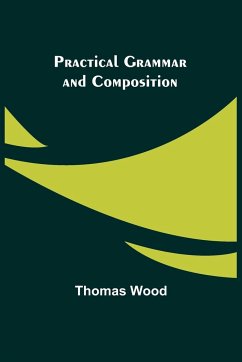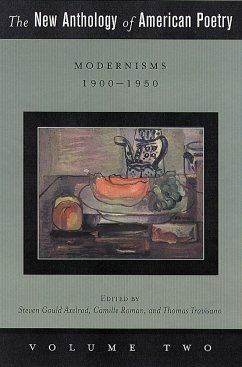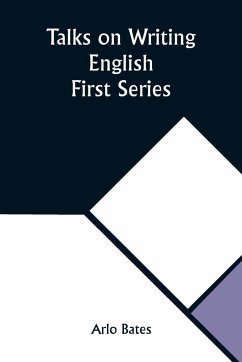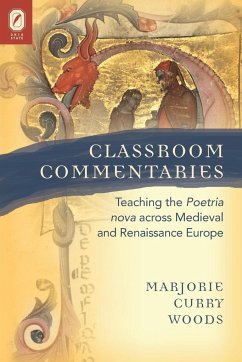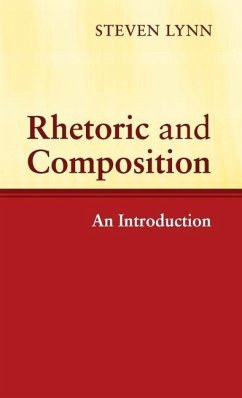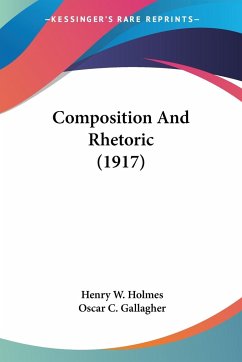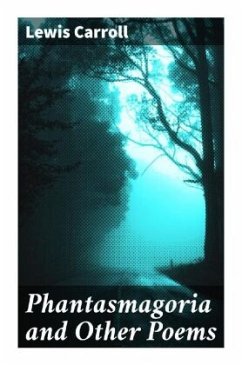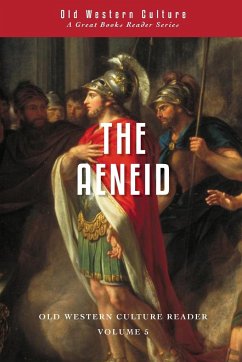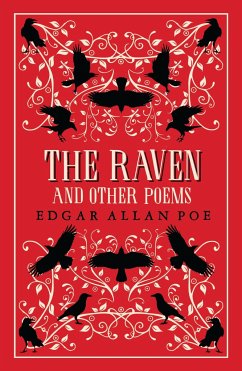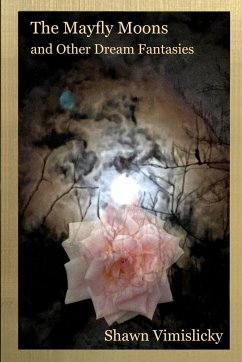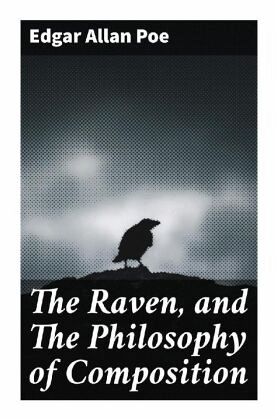
The Raven, and The Philosophy of Composition
Versandkostenfrei!
Versandfertig in 6-10 Tagen
6,99 €
inkl. MwSt.
Weitere Ausgaben:

PAYBACK Punkte
3 °P sammeln!
In "The Raven, and The Philosophy of Composition," Edgar Allan Poe masterfully intertwines the genres of poetry and critical theory, reflecting a profound exploration of aesthetic and psychological themes. The collection is distinguished by its melancholic tone, rhythmic precision, and meticulous attention to sound, exemplified in the iconic poem "The Raven," which delves into themes of loss, longing, and the interplay of reason and emotion. In contrast, "The Philosophy of Composition" offers an insightful treatise wherein Poe elucidates his creative process, dissecting the elements that contr...
In "The Raven, and The Philosophy of Composition," Edgar Allan Poe masterfully intertwines the genres of poetry and critical theory, reflecting a profound exploration of aesthetic and psychological themes. The collection is distinguished by its melancholic tone, rhythmic precision, and meticulous attention to sound, exemplified in the iconic poem "The Raven," which delves into themes of loss, longing, and the interplay of reason and emotion. In contrast, "The Philosophy of Composition" offers an insightful treatise wherein Poe elucidates his creative process, dissecting the elements that contribute to effective literary art. This analytical approach positions his work within the broader literary movement of Romanticism, while simultaneously challenging emerging conventions of narrative construction. Edgar Allan Poe, a luminary of American literature, drew upon his own tumultuous life experiences, including the loss of loved ones and struggles with mental health, which significantly influenced his thematic preoccupations. Raised amid tragedy and isolation, Poe cultivated a unique literary voice that emphasized themes of death and existential inquiry. His incisive understanding of human emotion, coupled with his rigorous dedication to form and structure, is evident in this work, serving as both an ode to the inexorable nature of grief and a manifesto on the art of writing. "The Raven, and The Philosophy of Composition" is an essential read for anyone seeking to grasp the complexities of Poe's literary technique and thematic depth. Readers will appreciate Poe's unique ability to evoke profound emotional responses while simultaneously offering a roadmap to his creative genius. This duality not only enriches the understanding of his celebrated poem but also serves as a pivotal reference for aspiring writers and scholars alike, establishing its place in the canon of American literature.




